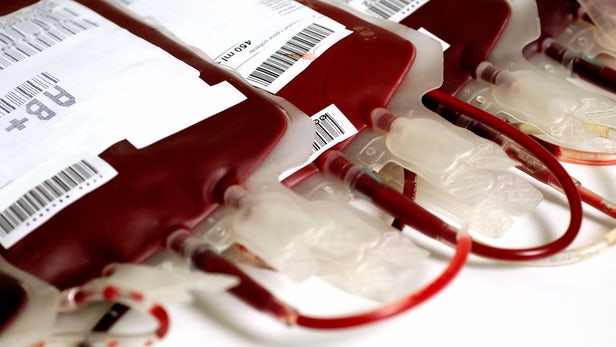×
The Standard e-Paper
Smart Minds Choose Us

Some of the blood transfused in hospitals is contaminated with dangerous substances. This chilling admission by insiders at the blood transfusion centre comes amid reports that some patients were being dangerously exposed to cancer causing radiation, while most soils and Lake Victoria water are contaminated with toxic chemicals.